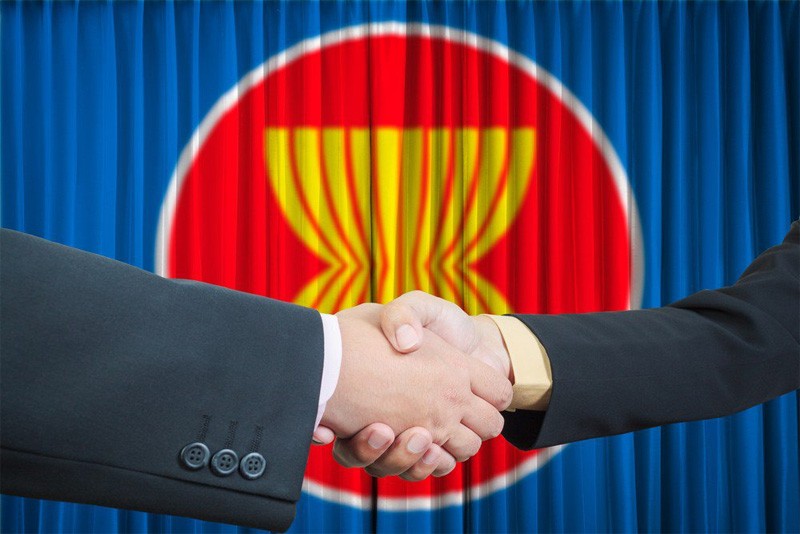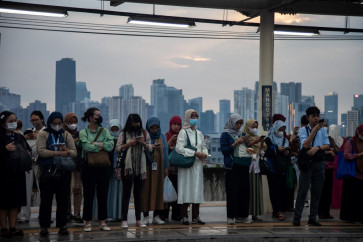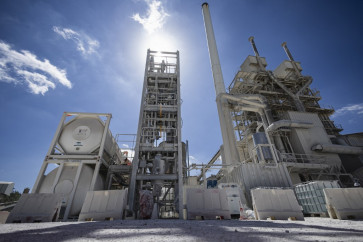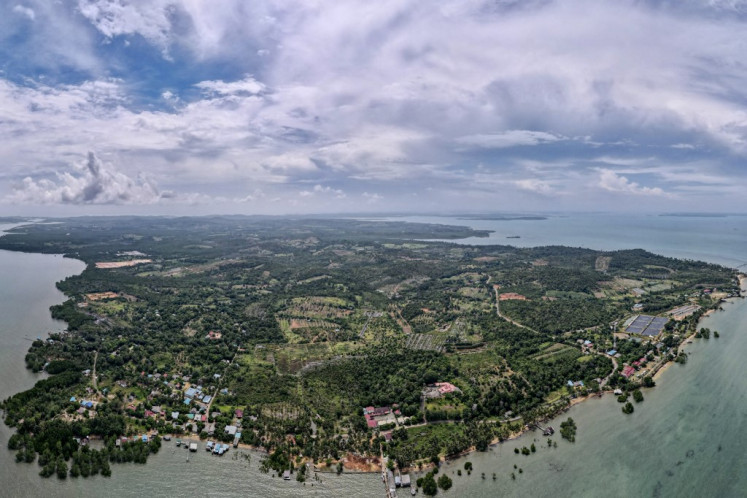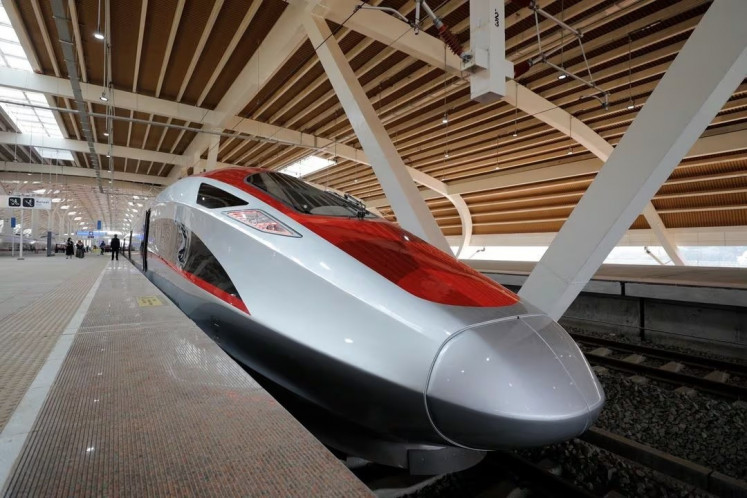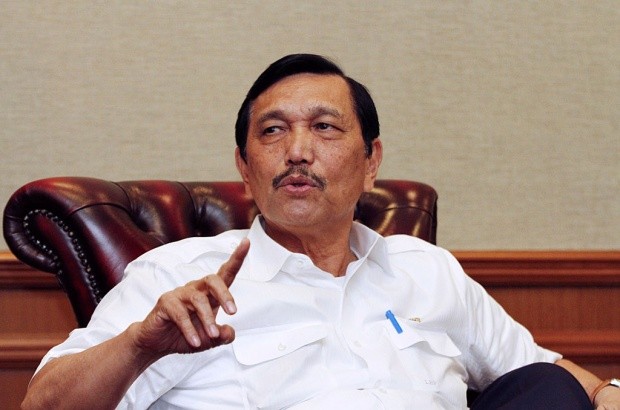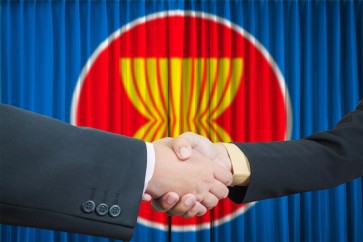Popular Reads
Top Results
Can't find what you're looking for?
View all search resultsPopular Reads
Top Results
Can't find what you're looking for?
View all search resultsThe US and ASEAN: Deal or no deal?
Should the United States and ASEAN make a trade deal? First, let’s discuss the facts and trends of the economies.
Change text size
Gift Premium Articles
to Anyone
S
hould the United States and ASEAN make a trade deal? First, let’s discuss the facts and trends of the economies. Based on the value added, five out of seven gainers in terms of value added in the manufacturing sector — the ones that have increasing trends of value added — in the last three decades were developing countries. They are China, Korea, India, Indonesia and Thailand.
Based on Purchasing Power Parity (PPP) total output — PPPbased gross domestic product (GDP) — six out of the seven largest economies in 2050 will be today’s emerging economies: China, India, Indonesia, Brazil, Russia and Mexico.
The US economy will be the third largest, after China and India. ASEAN economies, the Philippines, Vietnam, Malaysia and Thailand, together with Indonesia will be among the top 25 largest economies. That is the fact that there has been and will be a shift in terms of economic growth engines from developed to developing countries.
Second, let’s now see the trend in trade deals. After the close of 70 years of trade liberalization, a series of recent events suggest that the tide may well be turning. International trade as a proportion of global GDP has stopped growing in the last decade.
Momentum for trade liberalization at the multilateral level has stumbled (although fortunately the Trade Facilitation Agreement has just recently started to take effect).
Even regional trade agreements, sometimes seen as alternatives to multilateral liberalization, are under heavy attack, now even in the US.
When it comes to regional trade engagements, Southeast Asian economies, ASEAN, has been forward thinking on global value chains and quite progressive in advancing its regional trade agreements. ASEAN established the ASEAN free trade Area in 1992, before the World Trade Organization (WTO) was formed.

